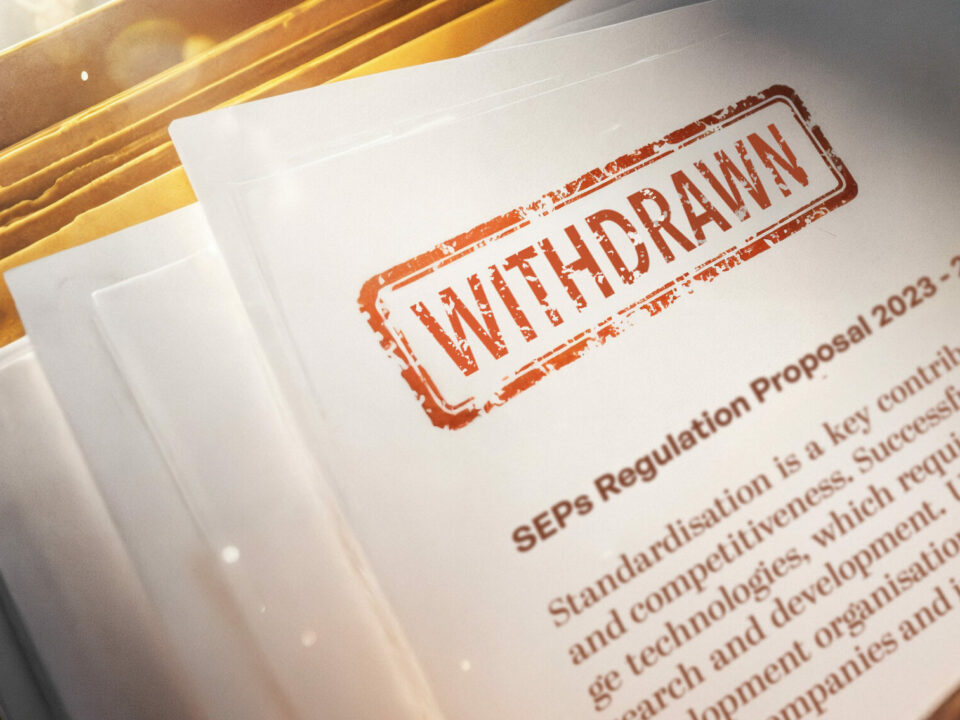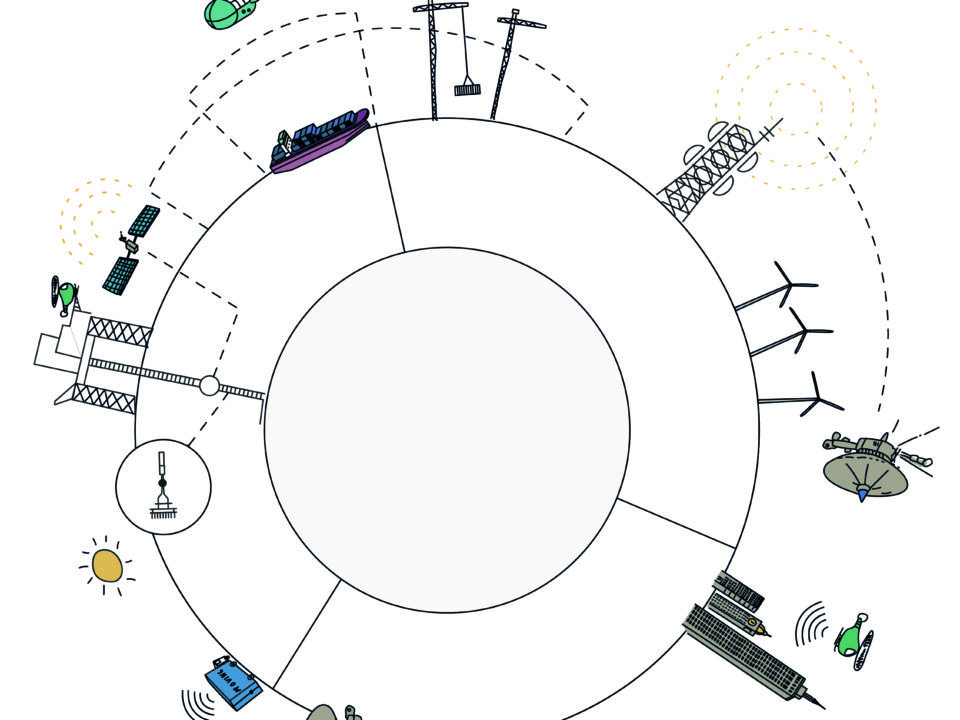World SME Day – Open standards and the licensing of related patents help drive SMEs’ growth
On 27 June, we mark the World Micro-, Small and Medium-sized Enterprises Day, established by the UN with the goal of raising public awareness about the value these companies bring to society. In Europe, they employ around 100 million people and account for more than half of the GDP. In recent years, many of them have been hit hard by the economic recession triggered by the pandemic. Additionally, they face the challenges of digitalisation and competition from global players.
In order to carry out their work, SME owners rely on mobile connectivity. Taxi drivers and food truck owners need mobile payment systems to make payment accessible to everyone anywhere. Mobile connectivity is also central to businesses that rely upon asset tracking, such as e-scooters and e-bicycles. Even mundane businesses like vending machines now rely upon mobile connectivity to increase their efficiency.
The mobile connectivity relied upon by SMEs, is developed in open standards. In the open standards paradigm of technology development, companies and individual inventors contribute their best technologies to the open standard which can then be accessed by all. In return, the contributors are allowed to collect fair compensation for the technology they contributed to the open standard.
Open standards, such as mobile connectivity, can be contrasted with proprietary ecosystems, such as mobile app stores which can charge as much as 30% of the revenues generated by mobile apps. In sharp contrast, the license fees for mobile connectivity standards are typically a single digit percentage of the value that is created by mobile connectivity. Moreover, the mobile standards are not shackled with the rules, promulgated by a dominant gatekeeper. Without open standards, small business owners in Europe would not have access to mobile connectivity as a platform for developing new technologies and businesses.
In addition to relying upon critical technologies embodied in open standards, European SMEs have themselves developed key technologies. Around 21% of patent applications filed at the European Patent Office by European applicants come from SMEs and individual inventors. A recent study in the US by the National Bureau of Economic Research showed that patent approvals help startups create jobs, grow their sales, innovate, and eventually succeed. “The European Union should help raise awareness of patents and licensing as a means of helping SMEs grow”, says Rubén Bonet, CEO of Fractus. “Patents help them thrive in Europe but enable them to compete globally”.
In conclusion, open standards and the licensing of related patents are essential for the existence of an ecosystem in Europe where small businesses can thrive. Policymakers at the EU and national level should always keep this in mind when proposing new legislation.



